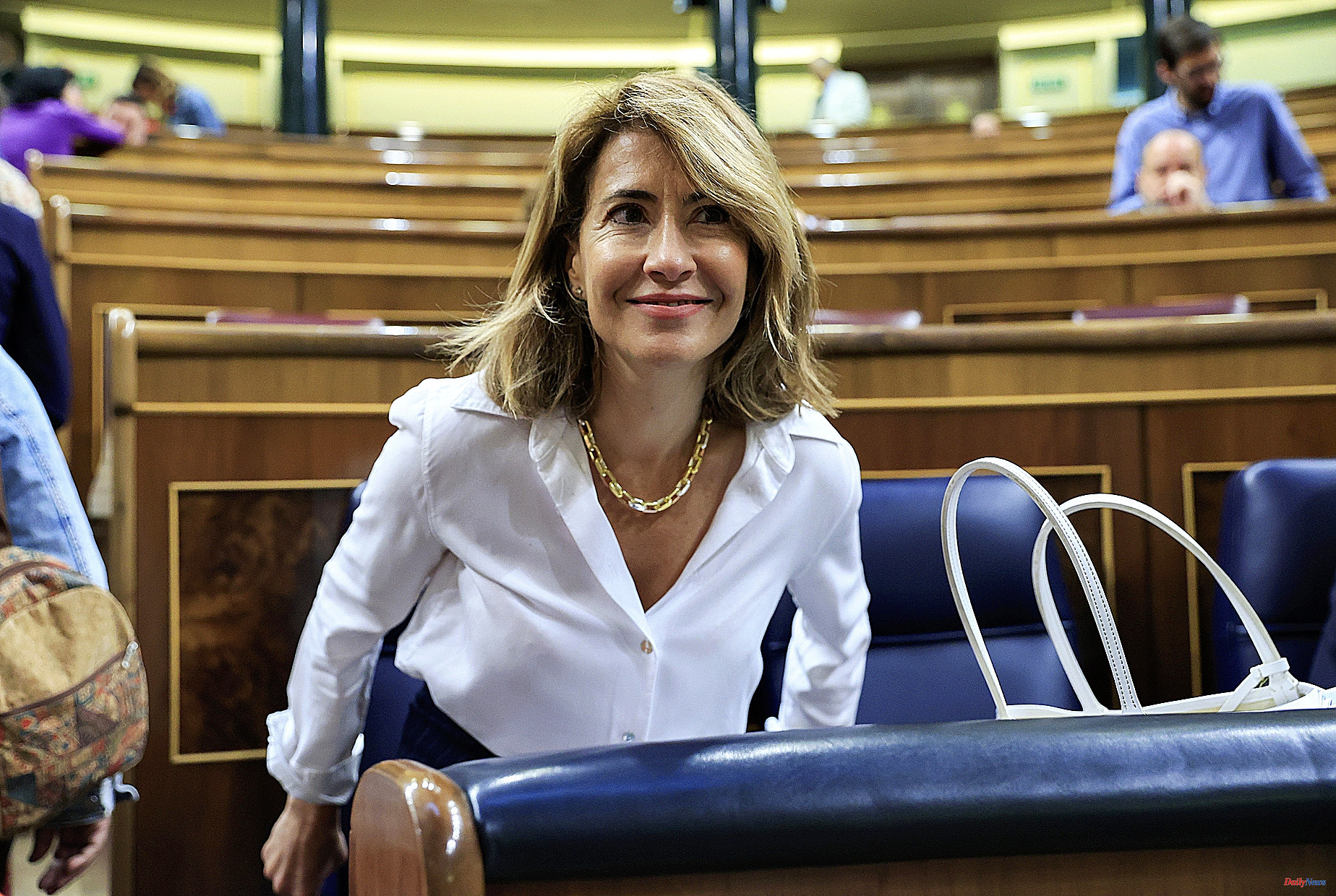Cercanías and its problems are once again a current issue in Catalonia and the reason for a fight between parties. So much so that even the Prime Minister, Pedro Sánchez, yesterday welcomed the Esquerra spokesman in Congress, Gabriel Rufián, to "real politics" when he reproached him for the operation of the short-distance train network in the region.
The incidents of this public service are also recurring in Madrid and the same occurs on the railway line that connects the capital with Extremadura. To all this is added the controversy over the trains committed to Cantabria and Asturias that did not fit in the tunnels, which may end up leading to the disapproval of the Minister of Transport, Raquel Sánchez.
The Catalan Government has once again activated the claim for the total transfer of Cercanías powers. The Generalitat currently controls the management of the service, but the infrastructure remains in the hands of Adif and Renfe remains the operator, despite the fact that the Government could choose another company. Issues that the procés left cornered during the past decade are coming back to the fore today. And what more than 15 years ago came to be called "railway chaos" is recovering its importance these days.
The AVE works in Barcelona in 2007 became one of the main headaches for the Government of José Luis Rodríguez Zapatero. In addition to the appearance of cracks in buildings or collapses in the construction itself, several Cercanías train lines were paralyzed for a month and a half, leaving 150,000 users without service per day.
That episode caused hundreds of thousands of people to tour the center of Barcelona under the motto: “We are a nation and we say enough is enough. We have the right to decide on our infrastructures”. The “right to decide” had just been born as a prelude to the sovereignist process promoted by Artur Mas in 2012.
In Madrid, beyond serious cases such as the one that on February 16 kept travelers in the dark for an hour and a half in a carriage, the problems of the Cercanías have become a constant. In the last nine days, since Monday, April 17, incidents and delays have been recorded in four of them: one in the infrastructure of the Nuevos Ministerios station, another that prevented the trains from stopping at the Valdebebas station, delays in the convoys of the C5 line due to a failure in the exchange system in Fuenlabrada, a problem in the infrastructure of Villaverde Alto, incidents in Chamartín...
From the Ministry of Transport they point to "the lack of investment" and the "neglect" of the service as the causes for these problems to be repeated continuously in the Madrid train service. The regional president, Isabel Díaz Ayuso, has repeatedly pointed to La Moncloa in recent months, accusing the central government of "creating complete chaos in this region." «The Cercanías service is deficient, harms Metro de Madrid and multiplies traffic jams. I ask, please, that you put a solution to such a serious problem, "said the popular leader last March. And she added that the Community would want "the 2,556 million of the Commuter Budget that goes to Catalonia."
But criticism of the service in the capital is not limited solely to the regional government or the PP, because the PSOE leader, Juan Lobato, who shares acronym with the Minister of Transport, described the situation of "terrible" and "disaster" Cercanías and demanded a "solution" that has to come from his own party. "We cannot continue with daily uncertainty about whether this fundamental artery for mobility is going to work or not," the spokesperson for Más Madrid, Mónica García, also warned on February 16, whose national party, Más País, is a member of the Executive of Pedro Sánchez.
In addition, the department headed by Raquel Sánchez had to admit three months ago that the new trains for Cantabria and Asturias tendered for a value of 258 million euros did not fit in the tunnels due to a calculation "problem", an error that will mean that they will be delayed. several years. Although at first the Government tried to stop the controversy by dismissing intermediate positions, the dimension of the scandal led to the dismissal of the president of Renfe, Isaías Táboas, and the Secretary of State for Transport, Mobility and the Urban Agenda, Isabel Pardo de Vera.
In addition, since the entry into service of the new train in Extremadura in July 2022, multiple problems of delays and technical breakdowns have also accumulated. The last one occurred on April 20, when a fuel hose broke causing a fire that forced the evacuation of 166 passengers.
To all this is added that yesterday a 20-year-old girl from the Valencian municipality of Alfafar was run over, the third victim in the last eight months in that same municipality where they continue to demand the elimination of the station level crossing.
According to the criteria of The Trust Project












